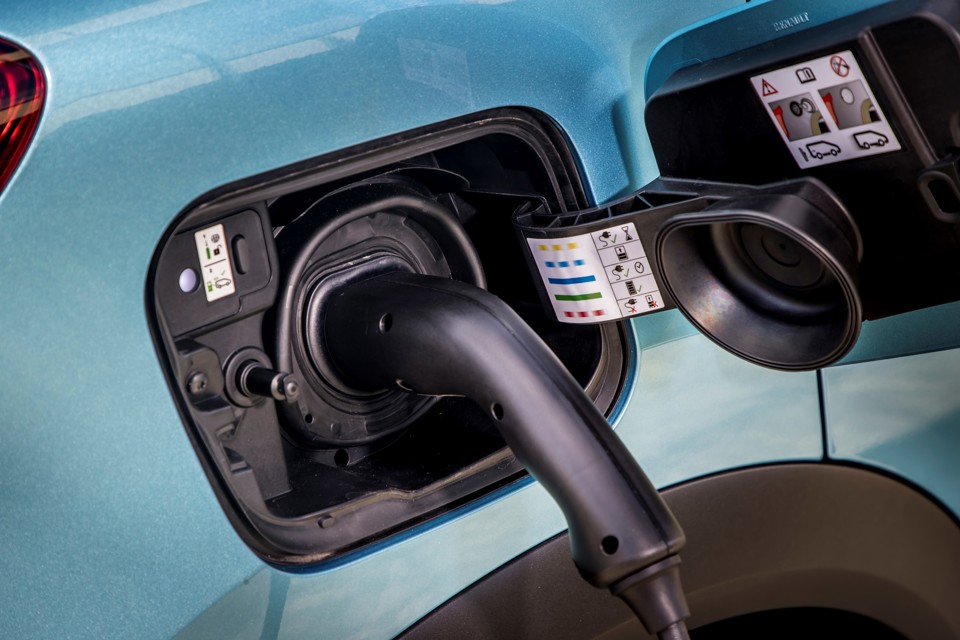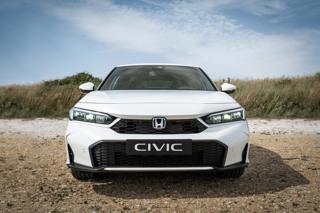Electricity provider E.On has launched a new electric vehicle (EV) salary sacrifice scheme for its employees through Lex Autolease.
The organisation’s company car provision went all-electric in 2019, and the salary sacrifice scheme will now also enable non-company car drivers to access an EV.
E.On and Lex Autolease worked together on developing the new employee benefit, which offers a broad choice of EVs to suit different budgets.
Chris Norbury, E.On’s chief people officer, said: “All businesses, including E.On, have a significant role to play in helping the UK become net zero by 2050.
“As we’re helping our customers to be more sustainable at home, in business and across entire communities with smart, personalised and sustainable solutions, it’s only right that we continue to enable our employees to make a direct personal contribution to cleaner air too.”
Meryem Brassington, electrification proposition lead at Lex Autolease, says that offering only EVs through a salary sacrifice scheme is a “great way” to encourage drivers to transition to electric.
“E.On employees can now benefit from the discounts we’re able to negotiate with car manufacturers as well as through savings in tax, National Insurance and benefit in kind tax for EVs,” she added.
E.On has also introduced the option for purchase of a home charging point through its e-mobility business unit, E.On Drive, as an additional salary sacrifice benefit.
Growing interest in electric vehicles
A new study from Lloyds Banking Group, parent company of Lex Autolease, suggests that almost half (49%) of UK motorists see themselves driving an EV in the next decade.
Almost one third (32%) of UK drivers believe that the sustainability of their transport was a higher priority than before the pandemic and almost the same figure (30%) plan to make their next vehicle a hybrid or pure electric.
With an increase in flexible working patterns, 10% of drivers now plan to switch to a more sustainable method of commuting. This includes hybrid or electric cars, cycling and walking.
Meanwhile, more than two-fifths (41%) of drivers would be happy to pay more for an EV than a petrol or diesel car, knowing they’ll save money in the long run, and the same number (41%) listed cheaper road tax and cheaper running costs as the top advantages of hybrids and EVs.
Price does remain a concern for some, however, with 57% of drivers saying they’d only consider making the switch if the prices of new EVs were to fall.
Furthermore, almost two-thirds (64%) were not concerned by the availability of charge points across the UK, and 35% were worried about running out of battery mid-journey.
Richard Jones, managing director Lex Autolease and Black Horse at Lloyds Banking Group, said: “Working from home two or three days a week will also reduce the number of miles on the road, meaning that a traditionally fuelled petrol or diesel car might no longer be the most appropriate option for more and more drivers.”























Login to comment
Comments
No comments have been made yet.